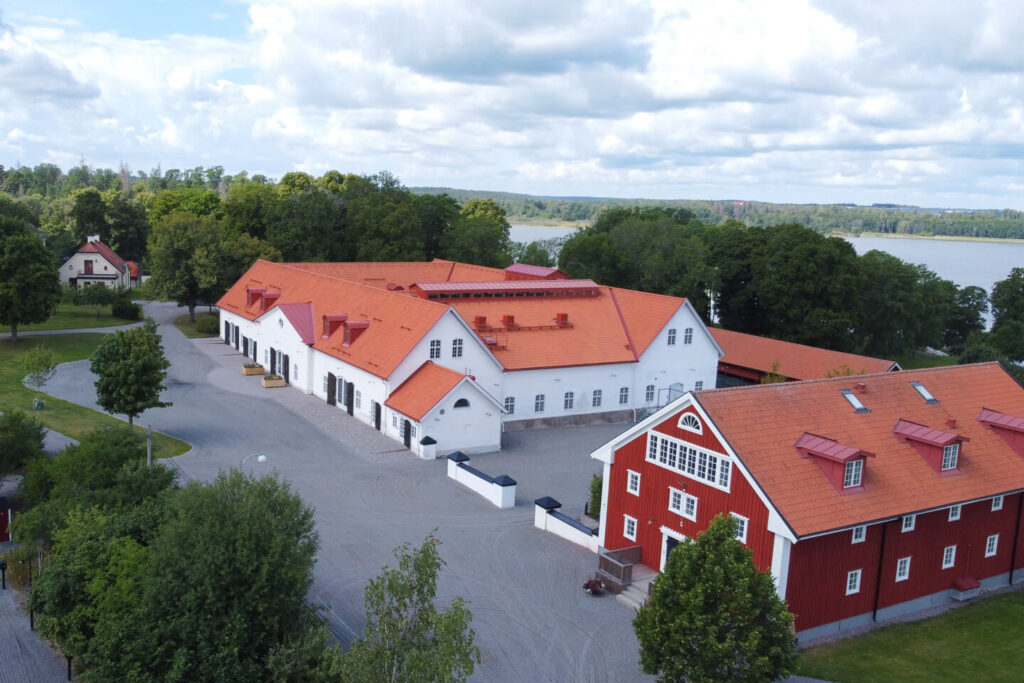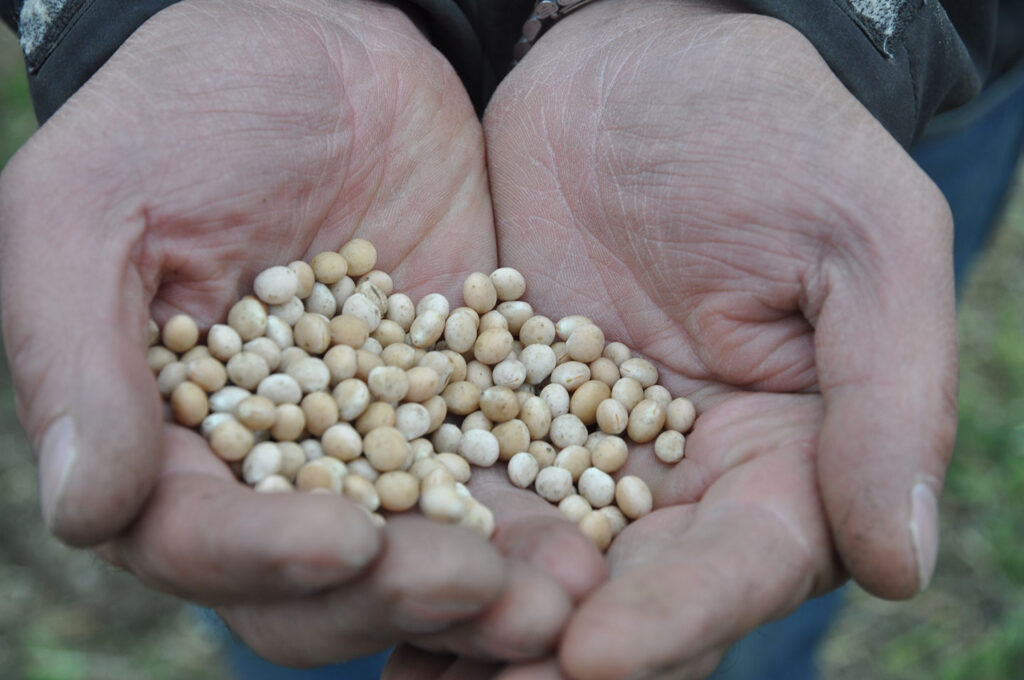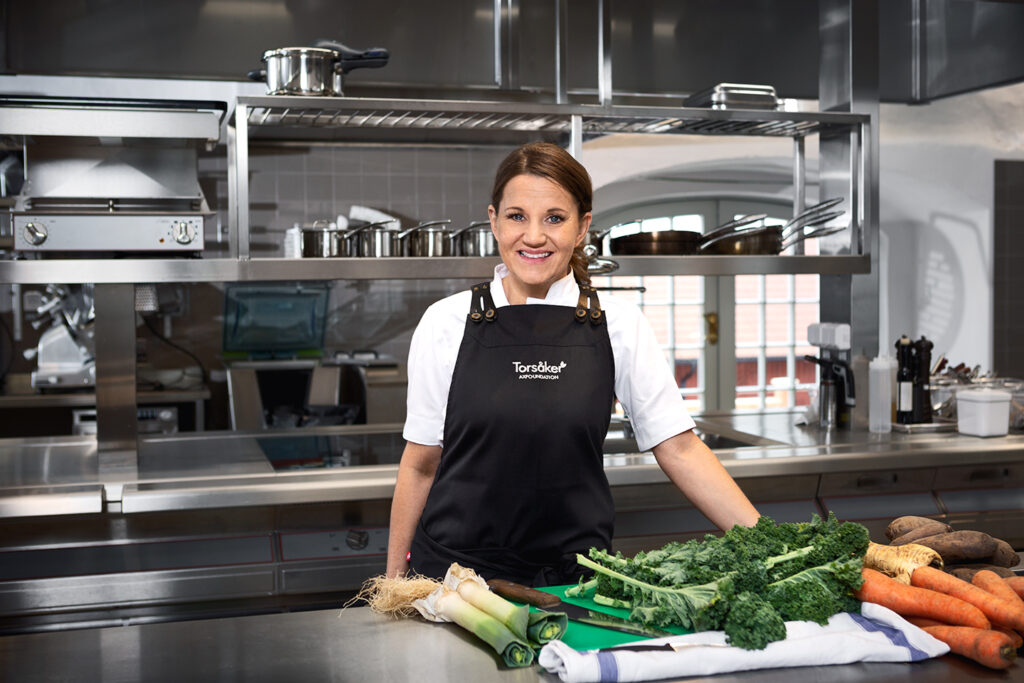IKEA Sweden and Jessie Sommarström Introduce 50/50 Meat & Bean Patty
2024.04.22

With the innovative patty, Jessie Sommarström and the Championship Swedish Chef of the Year, aim to contribute to reducing carbon emissions and improving public health – while highlighting that sustainable food choices should not be limited by economic status.
What once began as an idea at Torsåker Farm is now scaling up significantly. A mince made from Swedish-grown legumes is making its debut in all IKEA Sweden restaurants. Jessie Sommarström, the winner of the Swedish Chef of the Year 2022, has crafted a modern version of the classic beef patty (“pannbiff”), with half meat and half minced legumes – a tasty, nutritious, and sustainable innovation. Could this be a future competitor to IKEA’s classic meatballs?
With the innovative patty, Jessie Sommarström and the Championship Swedish Chef of the Year, aim to contribute to reducing carbon emissions and improving public health – while highlighting that sustainable food choices should not be limited by economic status. IKEA aims to increase the accessibility of plant-based food as part of a varied diet, meeting the rising demand for plant-based alternatives.
Research shows that we must significantly reduce our meat consumption and transition to more plant-based food for both our planet and our health. With this patty, I hope more people see the benefits of a varied diet. It’s also a way to offer a practical and easy solution for families to reduce their meat consumption. It not only benefits our health but also helps reduce our environmental impact.
– Jessie Sommarström

Torsåker Farm is Axfoundation's test farm and development center.

By using whole legumes, essential fibers are retained.

Anna Henning Moberg is Head of Operations at Torsåker Farm. Photo: Linda Prieditis
The idea for the first legume mince originated in 2017 at Torsåker Farm, Axfoundation’s test farm and development center just outside Upplands Väsby. Together with retailers, chefs, farmers, and researchers, Axfoundation developed the product Swedish Legume Mince.
The basic recipe is simple, with only 5 ingredients: sweet lupines, broad beans, grey peas, leftovers from cold-pressed rapeseed production, and a pinch of salt. By using whole legumes, essential fibers are retained, and any waste streams that may occur when legumes are fractionated in various processes are minimized. The result is a tasty, nutritious, sustainably produced mince with a low carbon footprint.
After the mince was tested and well-received by both food service chefs and consumers, Axfoundation handed over the product development and further commercialization to the Swedish company Svenska Färsodlarna in 2020. The step from pilot to commercial scale is a natural part of Axfoundation’s operating model.
We develop practical solutions that we believe can inspire change, but as a non-profit organization, we hand over successful innovations to others to scale further. Our ambition in developing a Swedish legume mince was to contribute to increased legume cultivation in Sweden while reducing consumption of non-sustainably produced meat. This step with IKEA is a fantastic move in that direction.
– Anna Henning Moberg, Head of Operations at Torsåker gård
IKEA hopes that the patty’s new incarnation will encourage more people to try a more plant-based dish – even if they’re not ready to fully transition to a plant-based diet. The meat and bean patty’s journey began when Jessie Sommarström created The Swedish Dish of the Year 2023. Jessie developed a dish with meatballs made from 50% meat and 50% Swedish mince legume, served in tomato sauce with pasta. Through this dish, Jessie and the Championship Sweden’s Chef of the Year aimed to inspire the expansion of Sweden’s most beloved traditional and modern dishes to contribute to reduced carbon emissions and better health. The launch of a new interpretation at all IKEA stores in Sweden is a milestone.
The dish will be available in all IKEA stores in Sweden starting May 14, 2024.
Learn more about the journey of the Swedish Legume Mince – from pea to product.
























